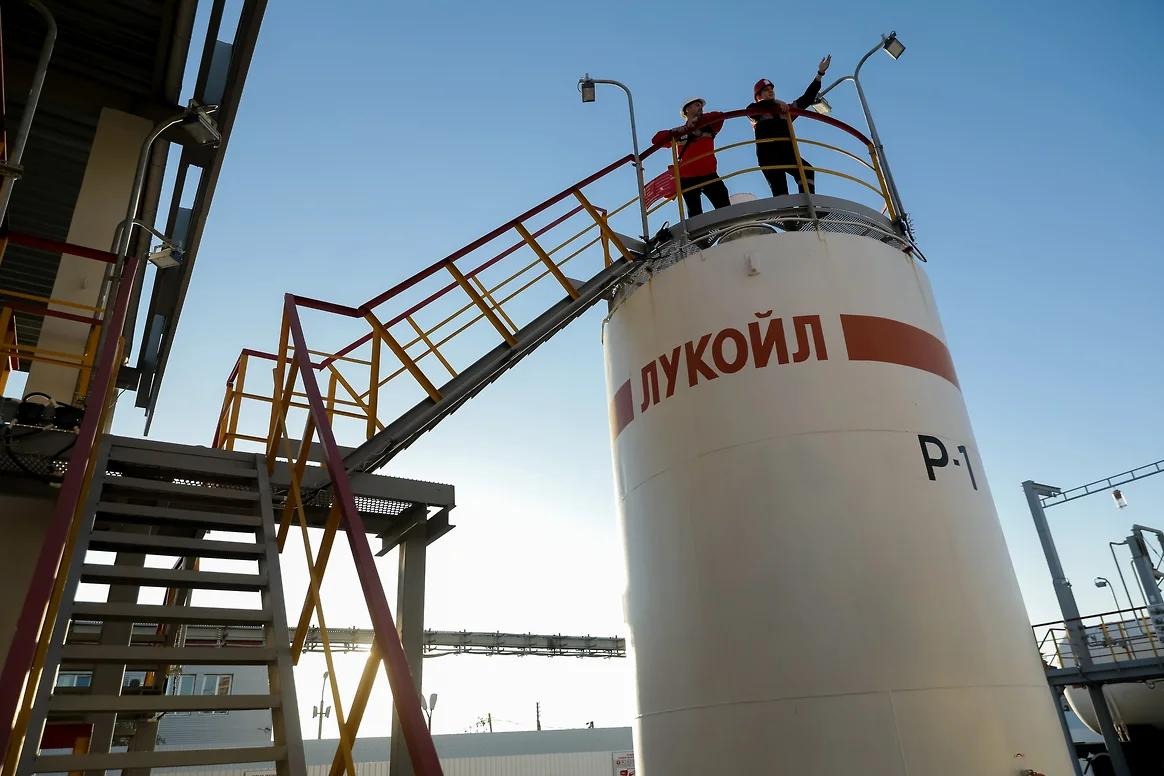Erdogan’s Middle East Diplomacy: A New Nasser in the Making?
Erdogan’s Middle East Diplomacy: A New Nasser in the Making?
Since Israel’s Gaza offensive began, Turkish Prime Minister Recep Tayyip Erdogan has used harsh rhetoric about Israeli operations in Gaza. Erdogan’s sharp criticism of Israel has motivated the Turkish public to take to the streets to protest against the Gaza offensive (see EDM, January 7). In addition to his harsh criticism toward Israeli policies, Erdogan quickly launched a diplomatic attack to convince both Israel and Hamas to agree to a cease-fire. First, Erdogan traveled through the Middle East in an attempt to implement a cease-fire. Erdogan’s tour did not produce any tangible results, but it did help Turkey to participate in the continuing cease-fire negotiations.
On January 9 Egyptian President Hosni Mubarak asked Erdogan to send a special envoy to Egypt to join in the cease-fire negotiations between Egypt, the Palestinian Authority, and Hamas officials. A delegation under the leadership of Ahmet Davutoglu, Erdogan’s top foreign policy adviser, was sent to take part in the negotiations. Positive developments prompted the Turkish delegation to make an unplanned visit to Damascus to meet with the Syrian foreign minister and Hamas officials. The Turkish delegation’s contacts reportedly “have made significant contributions to the cease-fire process and…developments concerning this issue are moving in a positive direction” (Today’s Zaman, January 13). Hamas’s spokesman Sami Abu Zuhri said, “Turkey’s suggestions for the cease-fire were the most constructive and balanced so far” (Zaman, January 13). Spanish Foreign Minister Miguel Angel Moratinos announced that Hamas had finally agreed to the Egyptian plan (Yeni Safak, January 15).
In addition to Turkey’s diplomatic presence in Middle Eastern affairs, Erdogan’s condemnation of Israel has made him especially popular among ordinary Arabs. The Turkish press reported that a big anti-Israel demonstration was held in Damascus and participants chanted “Arab leaders, traitors; hello to Tayyip Erdogan” (Yeni Safak, January 15).
Erdogan’s censure of Israel made headlines across the Arab world. It was reported by Al Jazeera, and Arab readers enthusiastically supported Erdogan’s position, saying:
“Erdogan is not a man of words; he is a man of action. Erdogan! I thank you for your courage at a time when everybody prefers to keep silent," wrote Ramadan Ahmet Muhammad, a regular reader of Al Jazeera news. Another enthusiastic reader, Muhammad Ataullah Uthman, said he raised his hat to Erdogan’s remarks and called for the Turkish prime minister to continue efforts to gather all Arabs and Muslims under the flag of Turkey. Khalid Ahmed al-Aydi says, "Oh God! Help Islam and the Muslims with this bold man. He is not afraid of anyone but God. Help him in his efforts for the Muslim community and a strong Turkey. I would like so much for all Muslims to be united under the flag of this man against the enemies of Islam" (Today’s Zaman, January 9).
Arabs were moved on two fronts: By the sensitivity the Turkish nation showed to the passion of the Palestinian people and by the historical and official stance of the Turkish government in the face of Israel and its readiness to help the Palestinian people, both materially and spiritually. Today, Turkey overcame the memories of World War I. I can say that since World War I, Turkey’s image in the Arab world has never been better (Today’s Zaman, January 7).
Few heroes have emerged on the diplomatic level during the Gaza conflict; and, sadly, the Arab world hasn’t managed to produce even one. Turkey’s position on Gaza has been clear and crisp, in sharp contrast to our own regretful diplomatic paralysis…I salute Mr. Erdogan for his unequivocal message to Israel, his country’s long-time ally. Speaking on January 4, he said, “God will sooner or later punish those who transgress the rights of innocents.” I suspect these courageous words have reverberated in the minds and hearts of all Arabs as they did within my own. …Unlike Turkey, at the start of Israel’s campaign some Arab governments contented themselves with blaming Hamas for Israel’s bombs. Instead of standing together against a country that occupies, oppresses, and murders our fellow Arabs, our leaders chose either to discredit the victims or virtually ignore them (The Daily Star, January 13 )
It should be noted that the positive change in the Arab view toward Turkey began with the Justice and Development Party (AKP)’s new Middle East policy initiatives. With these initiatives, the Erdogan government has attempted to deepen its influence in the countries of the Middle East. The efforts of the AKP government have started producing warm feelings toward Turkey among the Arabs. Al Ahram Weekly recently stated that “while it may have been the case that Turkish secularists have been more or less aloof to the concerns and issues of the Middle East, the tendency [among Arabs], now, is to see Turkey as no more than the Justice and Development Party, as though this were not [just] one among several other political parties in Turkey” (Al Ahram Weekly, December 3-9, 2008). It seems that his recent statements against Israel and his sincere stance on the Palestinian issue have helped make Erdogan a hero, if not a new Nasser, in the Arab world. It remains to be seen, however, whether it will help Turkey become an active diplomatic player in Middle Eastern affairs.


